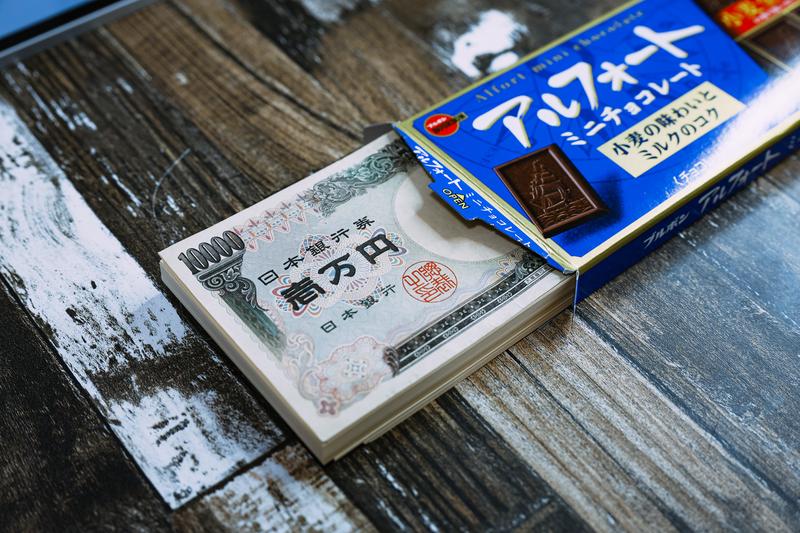This page provides frequently asked questions about money for those who are in international marriages. We hope you find it helpful.
If a Japanese husband passes away, a foreign wife can continue to live in Japan, but there are certain conditions that need to be met. Here are the main points
Change of Residence Status
If you had a residence status as a spouse of a Japanese national, that status will be lost upon the death of your husband. Therefore, you need to change your residence status to another type, such as “Long-Term Resident.” In other words, you need to apply for a Long-Term Resident visa. This application is made at the nearest Regional Immigration Bureau.
The main requirements for a Long-Term Resident visa are as follows:
- Economic stability (income or savings sufficient to support your living)
- A valid reason to continue living in Japan based on your previous residence status, duration of marriage, and number of days spent in Japan
The second reason is judged by the immigration officer based on the documents submitted at the time of application. Therefore, the completeness of the documents is very important.
Main Documents Required for Long-Term Resident Visa Application
The following documents are required to apply for a change of residence status:
- Application form for change of residence status
- Resident registration certificate (Juminhyo)
- Documents proving economic situation (e.g., municipal tax payment certificate, tax payment certificate)
- Employment certificate
- Letter of reason for application (detailed explanation of financial situation and reasons for wanting to stay in Japan)
By following these procedures and obtaining the appropriate residence status, you can continue living in Japan.
Our office supports the application for a Long-Term Resident visa, so please contact us for more details.
What happens if my Japanese husband passes away? Can I inherit his property?
If you are legally married, you can inherit your husband’s property. However, it is not the entire estate. If there are no children, the husband’s parents also have inheritance rights. If there are no children or parents, the husband’s siblings also have inheritance rights.
For example, if the husband passes away and the heirs are the wife and brother, the inheritance is divided as follows:
- Wife: 3/4 of the husband’s entire estate
- Brother: 1/4 of the husband’s entire estate
If the foreign wife wants to inherit the entire estate, it is necessary to prepare a will.
Can I take my savings from a Japanese bank to my home country?
There are several ways to take your savings from a Japanese bank to your home country. Each method has its own fees and restrictions, so consider carefully.
Bank Transfer (Wire Transfer)
This method involves transferring money directly from a Japanese bank to an overseas bank account. While bank fees apply, it is a safe and reliable method. You can complete the transfer at a bank counter or through online banking. The recipient’s bank account information is required.
International Money Transfer Services
Using non-bank transfer services (e.g., Western Union, Wise, PayPal) can sometimes be cheaper than bank transfers. You can complete the transfer on the service’s website or app.
International Cash Card
Using an international cash card issued by a Japanese bank, you can withdraw cash from ATMs abroad. You need to apply for the international cash card at the bank and use it at ATMs overseas. Withdrawal fees apply.
Carrying Cash
This involves physically carrying cash. If you carry more than $10,000 or its equivalent, you must declare it at customs.
Additionally, here are some points to consider:
- Fees: Each method involves fees, so check in advance.
- Exchange Rates: The amount received may vary due to exchange rate fluctuations.
- Regulations: There are regulations on large transfers and carrying cash, so check the laws of each country.
Consider these methods and choose the one that best suits you.
Is there a system for stepchildren (Survivor’s Pension)?
Detailed information is available on the Japan Pension Service website.
Pension systems frequently change, so check the website for the latest information.
The site provides information about the pension system in English and 15 other languages. For specific information on survivor’s pensions, check the Japan Pension Service website.
Is it okay if the life insurance beneficiary is not in Japan?
It is okay if the life insurance beneficiary is not in Japan. Even if the beneficiary is overseas, they can receive the insurance payout. However, procedures and required documents may vary, so keep the following points in mind.
Beneficiary Designation
It is important that the beneficiary is properly designated when the life insurance contract is made. Even if the beneficiary is overseas, there should be no problem if they are properly designated.
Required Documents
The following documents are usually required when claiming insurance benefits:
- Insurance policy
- Beneficiary’s identification (e.g., passport)
- Death certificate or autopsy report
- Claim forms specified by the insurance company
Claim Procedures
When the beneficiary is overseas, the insurance company specifies the procedure. Often, bank transfers or international money transfer services are used.
Updating Contact Information
If the beneficiary is overseas, it is important to keep contact information up to date. Ensure that the insurance company can quickly obtain the necessary information.
Procedures may vary by insurance company. Check with the insurance company in advance about the required procedures and documents.
By keeping these points in mind, the beneficiary can receive the life insurance benefits even if they are not in Japan.
Also, by making a posthumous affairs delegation contract, these complicated procedures can be handled on your behalf. For more details, please contact us.


